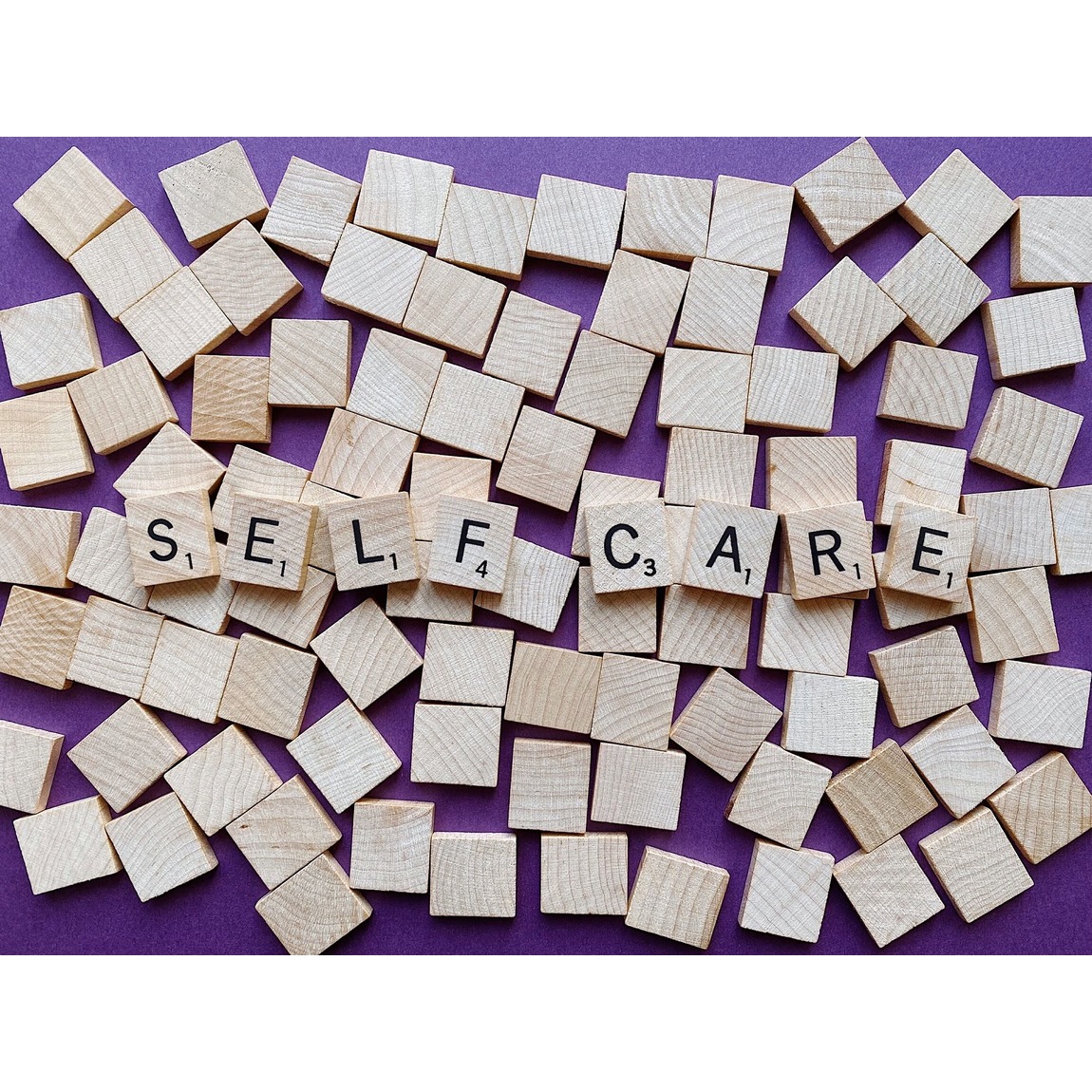World Mental Health Day - Tips for a Healthy Wellbeing
Date Posted:10 October 2022

Today is World Mental Health Day. The objective of World Mental Health Day as set by the World Health Organisation (W.H.O) is to, "raise awareness of mental health issues around the world and to mobilize efforts in support of mental health. The Day provides an opportunity for all stakeholders working on mental health issues to talk about their work, and what more needs to be done to make mental health care a reality for people worldwide".
Mental health is not so much of a taboo word but many people experiencing mental health do not talk nor share with their family and friends about the struggles and challenges they are going through. Here are some tips to help improve your mental health or to help your family and friends improve theirs.
1. Connect with family and friends or make new connections
Having good relationships with other people is the most important factor contributing to a sense of wellbeing. Humans are naturally social creature. Regardless of whether we are an introvert or extrovert, the sense of belonging and knowing that someone cares for you, and being able to recipocrate that in return is a wonderful feeling. The connection isn't only restricted to family and friends. You can also build relationships with workmates and others in the community. Building good relationships promotes a healthier you and society that greatly benefits everyone involved.
2. Exercise and stay healthy
Ever heard of the saying, "Health is Wealth"? You loose the quality of your life if you have a poor health, even if you have all the wealth in the world. Exercise has been shown to increase wellbeing as well as reduce symptoms of depression and anxiety. Our mind and body altogether makes us complete. They are therefore interconnected and influence each other. Good physical health leads to improved mental health so a healthy diet and a good night's sleep, combined with plenty of exercises and regular medical checkup can help to improves overall well-being.
3. Develop gratitude
Count your blessings. One single gratitude weigh more than 10 joyful moments. It is not the joy that makes us grateful. It is the gratitude that makes us joyful. If you can't see much to be grateful about, remember that even life struggles can teach us something. Learn to be thankful to your struggles and challenges because they makes us stronger, wiser and humble. Try keeping a gratitude journal and writing down 3 positive things each day. This can lead to improved wellbeing.
4. Do something you are good at
Take some time to do the things you really enjoy. Paitings, woodworking, arts and crafts, baking, cooking, writing, superhuman strength, gardening, home repairs, whatever you can think of. Anything that you are good at. Just have fun. When you finishes something you are good at, it gives you a sense of achievement. You can also use your strengths to contribute to the community. Helping others gives us meaning and purpose in our life.
5. Create flow
Flow is the state of being so highly involved in an enjoyable activity that you lose track of time. This usually happens when the level of challenge is about right for your level of skill. Flow can happen during work, hobbies, creative arts or sports.
6. Give to others
Aesop once said, "No act of kindness, however small, is ever wasted". Giving is an expression of gratitude to our blessings. A simple act of kindness towards others can make someone's day and like a chain of reactions, improves general social wellbeing. Many people feel a sense of contribution through meaningful work, but this can also mean volunteering, helping a neighbour or even a small favour. Pleasant events can lead to positive emotions that can cancel out negative feelings.
7. Spiritual health or religion
For some people, being involved in spiritual or religious practices can improve wellbeing, help to cope with stress and reduce symptoms of mental illness. This can include belonging to a faith community, meditation, prayer, mindfulness and practices such as yoga and Tai Chi.
8. Take time to slow down and enjoy the simple things in life
With the advancement of technologies, life has become increasingly busy. Mobile phones, smartwatch, tablets, wireless earphones, improved softwares and emergence of more advance devices and technologies has become tools productivity hack. We are now able to do more in a day which is great for productivity but that also means we now have less time to complete each task. We often need to move at a fast pace, else we won't be able to get things done. At the end, we ended up trying to achieve more, focusing on reaching the destination and not the journey made up of many simple moments of joy. Regardless of how busy you are, take a few moments to slow down and step away from your smart-devices to have a cup of coffee or tea, or have a stroll in the park, just to appreciate the simple things in life.
9. Have plenty of sunlight
Sunlight is a wonderful source of Vitamin D. Research has shown that not having enough of vitamin D can lead to depression-like symptoms. People with depression have higher chances of having vitamin D deficiency. So put on some sunscreen protection, step out into the sun and feel your body revitalise as it absorb a dose of Vitamin D. Just don't stay under the sun during a heatwave. Unprotected exposure to the sun's UV rays can cause damage to your skin that is irreversible.
Source:
https://www.healthdirect.gov.au/good-mental-health
https://www.who.int/campaigns/world-mental-health-day/2022






